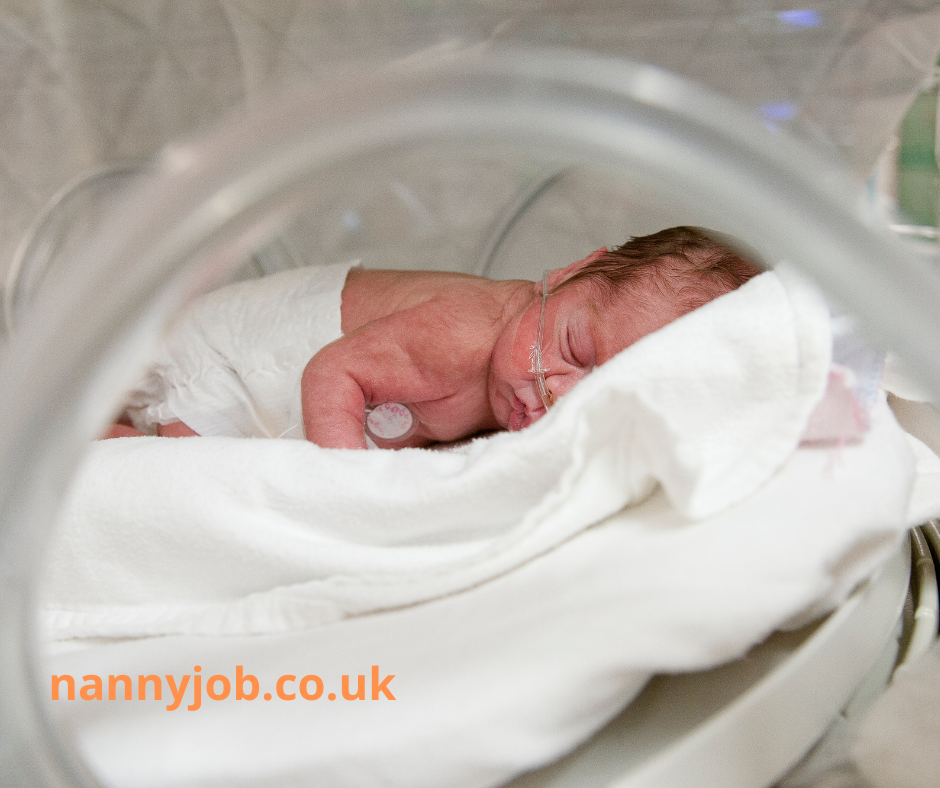Flexibility is a buzzword when it comes to childcare. Many parents need someone willing to be a bit flexible with hours to cover unexpected delays and duties to pick up the slack when needed. Most child carers are keen to emphasise their flexibility to maximise their chances of getting a job. But are you using the F-word too much?
Just as our ideas of physical flexibility differ, the types of flexibility different types of childcares often do too. A flexible nursery is a bit like being able to touch your toes with your hands, which is better than only reaching your knees if that’s all another nursery can do for you, but a flexible nanny is more like being able to touch your toes to the back of your head. Even if you don’t touch your toes on a regular basis, it can be reassuring to know that flexibility is there if you need it, just like it can be reassuring to know you have a bit of leeway to cover those unexpected delays.
When choosing childcare options parents should assess how much flexibility they really need – remember needing unusual hours isn’t the same as needing flexible childcare, although you might need someone who is flexible with the hours they’ll agree to work. Different types of childcare are by nature more flexible than others – a nursery has fixed opening and closing times for good reasons, but a childminder has a little more leeway to decide what those are and whether they are willing to make exceptions on an occasional or more regular basis. One flexible childminder might not mind early drop offs or late pickups for core contracted hours, another may mean they will offer an extended hours service but expect this to be agreed in advance. A nanny, especially a live-in nanny, can give even more flexibility, including late notice and overnight care, but this shouldn’t be taken for granted and should always be compensated accordingly.
Child carers promising flexibility in hours provided therefore need to be careful about what they mean. You might be happy to work up to 10 hours a day and although you don’t mind whether those 10 hours are 5am to 3pm or 11am to 9pm you still expect to clock off when those 10 hours are done. Or maybe you’re happy to occasionally start an hour earlier or finish an hour later but are generally available between 8am and 6pm. Perhaps you’re one of the few happy to commit to a set number of hours over the month whenever the parents need you. All of those are being flexible but option 1 is what a shift worker might mean by flexible childcare, option 2 is what someone with a complicated commute prone to delays might mean.
Flexible working is also a two-way street. The quickest way to turn a relationship sour is to demand full flexibility from a childcare provider and never give any back. Giving a little can build up a store of goodwill for the times you need extra help. As one nanny said ‘I absolutely don’t mind doing later days when I am let off early sometimes.
It’s not just working hours that require flexibility – nannies are often asked to be flexible when it comes to jobs around the home. Most nannies will empty a full kitchen bin or put a coffee cup in the dishwasher, and if it’s been a nightmare morning and the breakfast things are left on the side occasionally then that’s okay too. In general, though, nannies don’t expect to act as housekeepers unless it’s part of the job description, so if a nanny says at interview, they’re flexible on duties it’s well worth finding out what that really means.
Just a little flexibility in return goes a long way, allowing a nanny to run some personal errands during the working day occasionally or accepting that a childminder might need to close earlier on occasion can make a relationship a whole lot smoother.
At the end of the day being truly flexible means accepting that sometimes things are going to be a little different.




